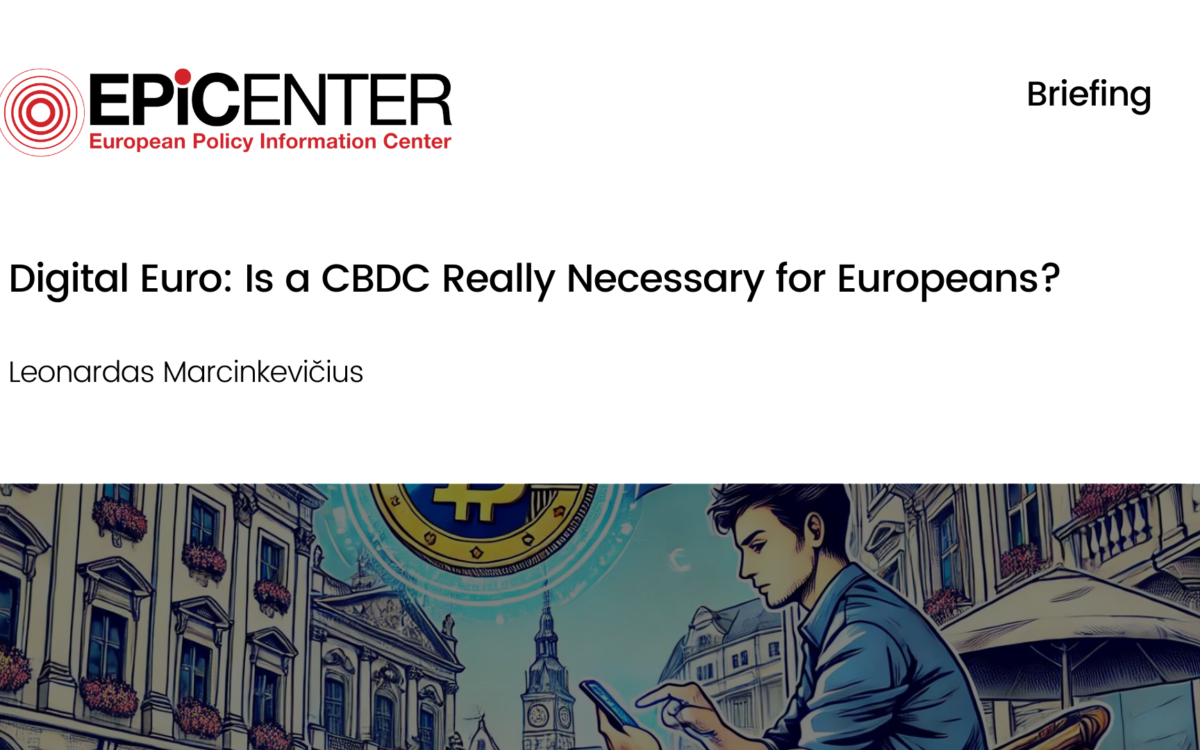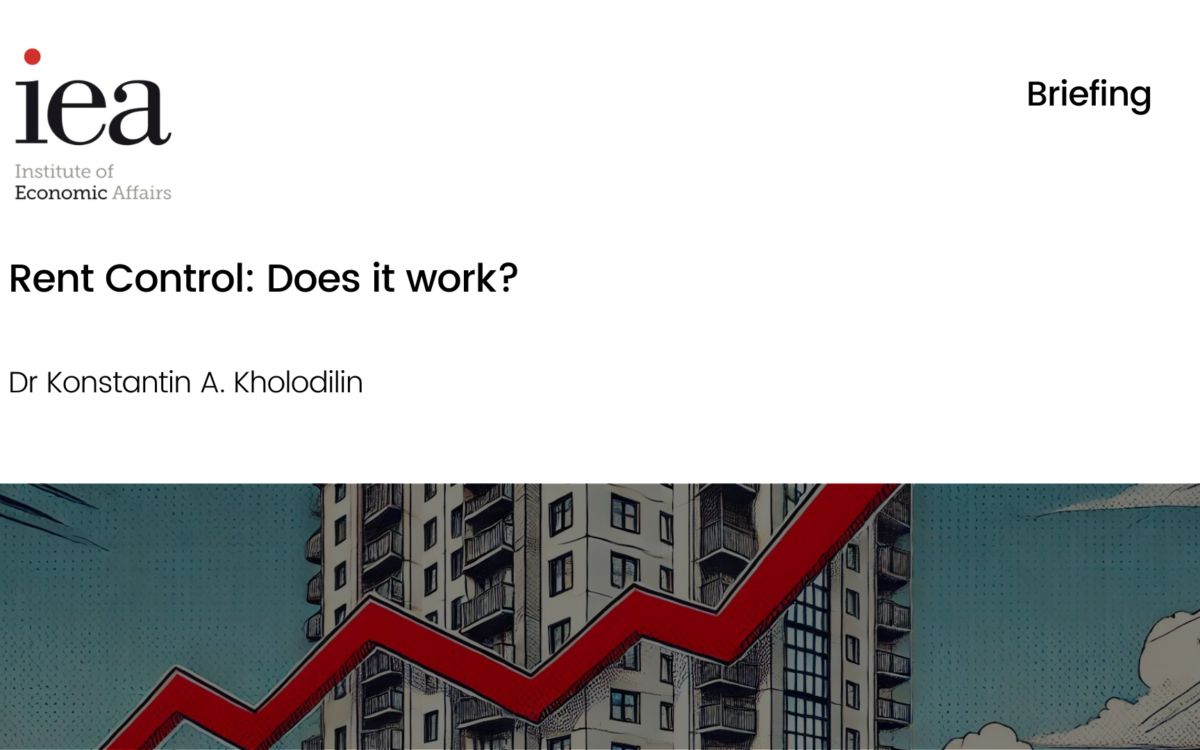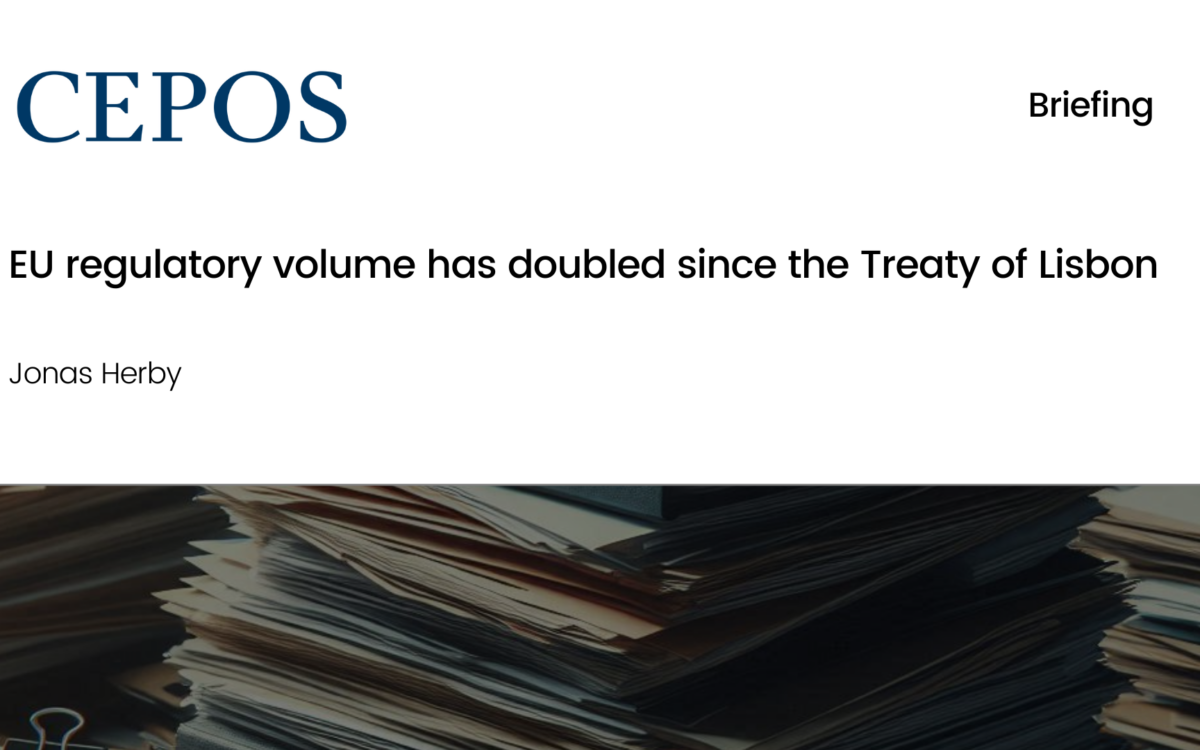The EU: From Cooperation Between States to a State in Itself?

The EU: From Cooperation Between States to a State in Itself?
19 June 2024
The European Union functions, to a remarkable degree, as a cooperation between states, and not as a state formation in itself. This is due to the presence of constitutional constraints on exercising simple majority voting, including unanimity requirements in key policy areas. If it becomes 'easier to make decisions', well-established public choice theory suggests that the EU will move towards becoming a more centralised state, and that there will be much more redistribution from high-income to low-income countries – especially from the lower incomes in high-income countries – and that the quality of policy decisions at the community level will decline.
The EU is a union of independent states – unlike federal states, such as the US, Germany, and Russia, or the municipalities in relation to the Danish state. The EU does not have a classic pyramid structure, except where countries have ceded sovereignty through treaties. While it is questionable whether American, German, or Russian states have the option of withdrawing from the federal structure, the UK's exit from the EU shows that EU members still have this option.
The EU’s decision requirements are constantly criticised because they can make it more difficult to make decisions. The unanimity requirement means that any member state can block a potential decision. This means that every member state has veto powers. Hungary's head of government, Viktor Orban, in particular, has threatened to use his veto powers to force decisions or push through national benefits. Following Putin's invasion of Ukraine, there has been a desire from the EU to strengthen decision-making power, especially in the areas of security and foreign policy.
However, the current EU model – with ingrained systemic inertia – is still significantly better than most conceivable alternatives, which might lead to a much worse union.
Download or share this publication
View the PDF
EPICENTER publications and contributions from our member think tanks are designed to promote the discussion of economic issues and the role of markets in solving economic and social problems. As with all EPICENTER publications, the views expressed here are those of the author and not EPICENTER or its member think tanks (which have no corporate view).



